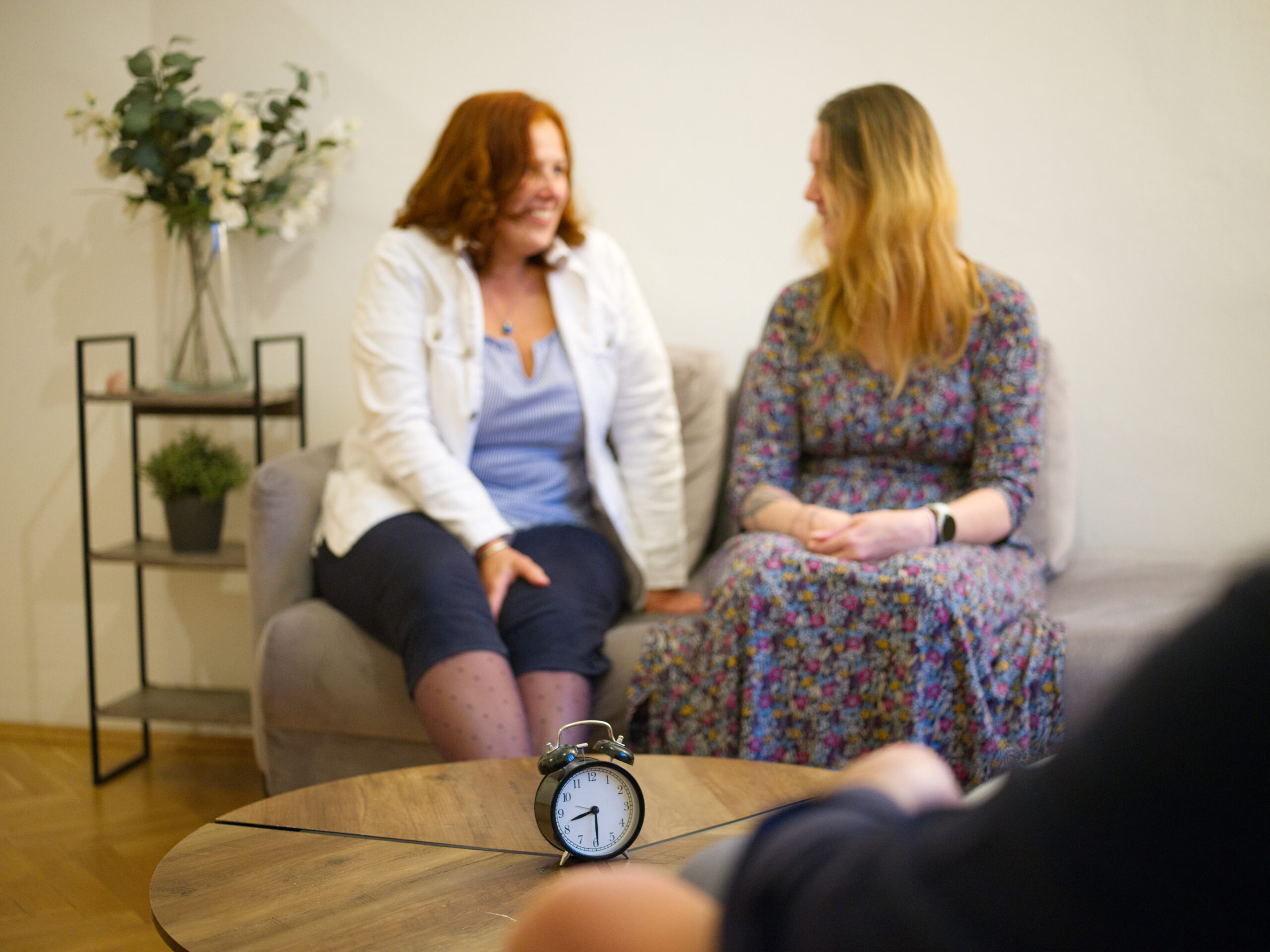Mindfulness. Many of us have heard this term before. Mindfulness is becoming more and more popular. This method has been used to heal those for whom various forms of therapeutic help have failed. Mindfulness is effective in working with chronic pain, depression, anxiety, but also in the field of treating addiction, attention disorders, stress disorders and sleep disorders. Mindfulness is used by managers, business people and other professionally exposed people to reduce stress, tension and slow the pace of thought. Mindfulness is beginning to be implemented in schools. It has been shown that when children use this method, it reduces their mental fatigue, distractibility or anxiety and increases their ability to concentrate.
Mindfulness

So what is Mindfulness?
Everyone has a slightly different idea of mindfulness and it is not easy to summarize it in a short definition. Let's start with the concept of mindfulness, which is fundamental to this technique. Although mindfulness is not directly attention, it is a kind of control function of attention. For I can begin to notice that I am paying attention in one direction or another. If, for example, while watching a lecture, I find that my attention has wandered away from the content of the lecture to the preparation of the weekend party, I can use mindfulness to bring it back to the topic of the lecture.
The Mindfulness Method works on the basis of a now unquestionable assumption, namely that the cognitive function of mindfulness can be trained and strengthened very effectively.


Nowadays, this is already confirmed by magnetic resonance imaging. In the study participants who practiced the mindfulness method regularly for eight weeks, completely new, effective synaptic connections were made in the brain in the prefrontal cortex and limbic system. In simpler terms, there was an increase in the density of the gray cortex in areas involved in memory, emotion regulation, empathy, self-awareness, and attitudes.
This is not a revolutionary fact; Buddhist meditations have worked on this basis for centuries. By regularly practicing mindfulness, Tibetan monks are able to divert their attention from such stimuli as pain or hunger. This fact can explain quite rationally some seemingly supernatural abilities, such as walking barefoot on hot coals.
"I am often stressed, experience anxiety and find it harder to concentrate. Sometimes I feel like I have a beehive in my head..."
Mindfulness: a weapon against negative thoughts
Of course, mindfulness, in other words a non-religious form of meditation adapted to the needs of Western man, does not go that far. So what is the goal and purpose of mindfulness? It is to realise that the cause of our mental distress is our thoughts. More accurately, they are some repetitive patterns of thought that we are "pre-programmed" with, and then we only fill them with various specific contents.
We often have self-defeating thought algorithms stored within us. We invent catastrophic, anxiety-inducing scenarios, we have intrusive chains of thought about, for example, alcohol, our perceived wrongdoing, wrongs or unreasonable demands we often make on ourselves.


For some people, the problem is in the speed of thinking and in shifting attention too quickly, which causes tension, stress and often sleep disturbances.
Very simplistically, we can say that the healing effect of midnfulness consists in training the function of mindfulness, thanks to which we are able to stop or slow down certain hurtful thought currents. Mindfulness also generally improves our quality of life, because strong mindfulness allows us to experience positive experiences more intently, and therefore more intensely. Through Mindfulness, we can begin to enjoy again things that we no longer enjoy or that we no longer take for granted and thus find boring.
Gradually we experience new dimensions when we perceive all positive sensory stimuli, even a simple conversation or the proximity of other people can bring a new dimension.
Do you need advice on what service to book or have further questions about your first meeting? We will be happy to contact you by phone.
To order you can use our online booking calendar nebo využijte naši online chatovací službu v pravém dolním rohu.